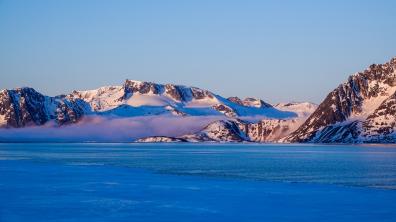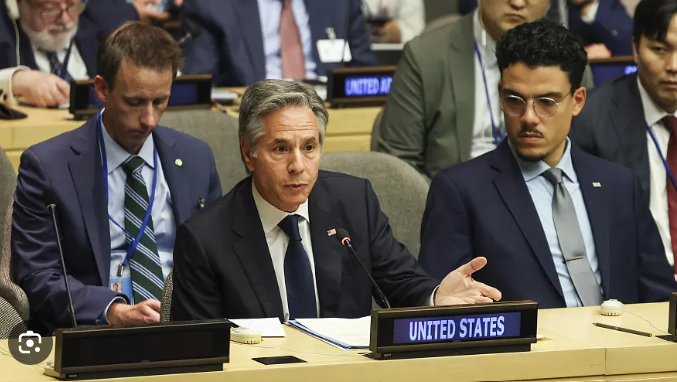The Arctic is a sentinel of climate change on a global scale. As such, it holds scientific importance for all of humanity
With a long-standing tradition of exploration and expedition in high-latitude regions, France was the first country to establish a scientific research base in the Arctic archipelago of Svalbard in 1963, where it shares a permanent base with Germany in the international scientific village of Ny-Ålesund. France also has an auxiliary base, the Jean Corbel Base, specializing in measurements of physical chemistry, the atmosphere, and glaciology, capable of hosting eight people during the summer.

In 2000, France gained observer status at the Arctic Council, established by the 1996 Ottawa Declaration. Signed by the eight states of the region, it constitutes the main political forum for regional cooperation on Arctic issues. In November 2008, while holding the presidency of the European Union, France organized an international conference on the Arctic in Monaco, leading to the creation of the Arctic Scientific Observatory. Launched in 2010, it coordinates around 400 researchers in the fields of Earth sciences, environmental sciences, and human and social sciences. In the polar regions, France’s terrestrial infrastructure and logistical support are managed by the French Polar Institute Paul-Emile Victor (IPEV).
Balancing Extremes
France’s Polar Strategy until 2030
A first in the country’s history. Presented on April 5, 2022, by Olivier Poivre d’Arvor, Ambassador for the Polar Regions and Maritime Affairs, the Polar Strategy 2030 is a true roadmap focused on the renewal of scientific research. Deployed within the framework of the Interministerial Committee for the Sea and the Polar Regions (CIMER-POLES), it serves European and international cooperation in the North and South Poles, where France is involved. One of the key objectives of this strategy is to provide more resources for research, in response to the threat of climate change in the Arctic. The Polar Strategy for 2030 is divided into five major areas. The first axis is to implement a global and balanced polar strategy (including the launch of a « Decade of the Polar Worlds, » which could run from 2025 to 2035). The second axis is to support long-term, innovative, and exemplary research at the European and international levels. The third axis is to define a system and enhanced resources for science in the polar regions (mentioning the creation of a French Polar Foundation).
The fourth axis specifically focuses on the Arctic: the strategy includes tripling the resources dedicated to the Arctic, prompting the government to establish a new scientific base in Greenland, and build a new oceanographic vessel capable of operating in these cold zones. It also includes strengthening France’s presence at the Arctic Council, protecting the environment and promoting sustainable development (which would involve halting fossil fuel exploitation in the North Pole), investing in think tanks and international events, restoring an ambitious level of research and academic exchanges, establishing new structures both on land and at sea, and enhancing the visibility of scientific presence in Saint Pierre and Miquelon. The fifth axis concerns the protection of Antarctica.
This strategy led to the introduction of a Polar Programming Law, with the first reading taking place in the Senate on October 26, 2023, followed by the One Polar Summit in November 2023.
Source: Defense



